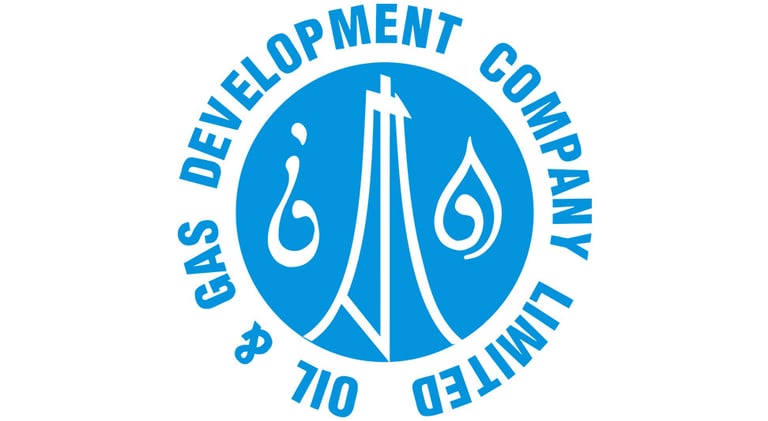OGDCL Discovers 3.2 MMCFD Gas in Sindh: Major Boost to Pakistan’s Energy Sector
OGDCL announces 3.2 MMCFD gas discovery in Sindh on 1 August 2025, boosting Pakistan’s energy output and reducing import reliance. Full details inside.
Raja Awais Ali
8/1/20252 min read


Major Discovery by OGDC in Sindh: A Key Step Towards Energy Self-Sufficiency
Amid Pakistan’s ongoing energy crisis, a significant development has emerged. On August 1, 2025, Oil and Gas Development Company Limited (OGDC) announced the discovery of new reserves of natural gas and crude oil in the Ghotki district of Sindh. The breakthrough occurred in the “Chanda Dero-1” area of the Ghotki Block, where advanced technology and expert teams successfully conducted drilling and extraction operations. According to the company, approximately 3.2 million cubic feet per day (MMCFD) of natural gas and 500 barrels of crude oil are now being extracted from the site and will soon be connected to the national grid. Experts are calling this a highly promising development for Pakistan’s economy and energy sector.
This discovery is expected to reduce the country’s reliance on imported fuel, easing the pressure on foreign exchange reserves. It will not only benefit domestic consumers by stabilizing supply but also provide consistent and affordable energy to the industrial sector, boosting productivity and economic growth. Experts believe that if more such reserves are discovered and utilized efficiently, Pakistan could be on the path to energy self-sufficiency.
OGDC attributes this success to its skilled team, modern geophysical analysis, and the strong support of government authorities. This project is also expected to generate employment opportunities at the local level, particularly in underdeveloped rural areas of Sindh, which have long faced limited growth. The federal government has welcomed the announcement. In an official statement, the Federal Minister for Energy called this a “milestone towards national progress” and pledged full support for similar future projects.
The timing of this discovery is crucial, as Pakistan struggles with economic challenges and a rising demand for energy. In this context, the development is more than just a technical success—it represents a new ray of hope for the nation. If handled with transparency, speed, and a focus on national interest, such projects could not only meet domestic needs but also turn Pakistan into a future energy-exporting country. OGDC’s achievement proves that with intent, capability, and the right backing, Pakistan can unlock its vast natural potential.